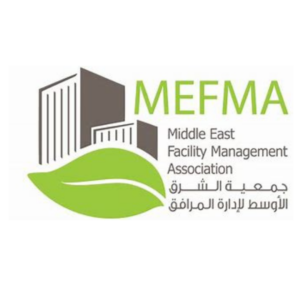Why Data Integrity is the Key to IFRS 16 Compliance: Streamlining Data
IFRS 16 is about achieving greater financial transparency. The only way an organisation can truly accomplish this is by safeguarding the integrity of its lease information. It’s simply not enough to be in a satisfactory position by ‘deadline day’, rather businesses need to be ensuring they are fully compliant at any given time, throughout time. But how is this done exactly? What are the steps that need to be taken? And what are the risks to data integrity within each of these? This blog series aims to answer these questions by breaking the compliance journey down into four identifiable stages.
In this blog, we’re looking at steps required to ensure compliance at the streamlining of data stage.
Streamlining data
It’s well known that human ability to catch or avoid errors when working on data sets is poor. There are a number of academic studies that show errors will inevitably appear over time, no matter how careful data is handled. If we were to assume that the error rate was just half a per cent for each individual, this would still have enormous consequences for the accuracy of final reporting, even if this figure was multiplied out to a project team, let alone anyone who has the authority to sign leases. Clearly this scenario is untenable in the era of financial transparency, so what needs to be done to ensure a company remains in auditors’ favour?
In short, it’s about control – limiting the access, the ability to edit, and power to save information. The tendency for human error means that a system that integrates and streamlines processes is vital. In keeping process all under one ‘roof’, veracity improves and the task of demonstrating compliance becomes far simpler. Imagine the confusion, when it’s discovered there are multiple forms, with multiple data sets, saved in multiple locations across a company network. Not only will this create stress and confusion, it will also take hours for colleagues to figure out what’s the ‘real’ up to date information. It will also be incredibly difficult to identify who has worked on what.
Some might ask why knowing who has worked on what is important. Surely, it’s ultimately about getting the right figures published on the balance sheet? Again, yes and no. IFRS 16 is as much about accountability as it is about financial transparency, it mimics the aspiration for better corporate reporting that the
Sarbanes-Oxley (SOX) act of 2002 ushered in. The new accounting standard not only asks that organisations bring all of their leases onto the balance sheet, but it also requests that the processes that lead to this final figure are completely auditable. Inspectors basically want to know the who, what, when, and why.
Clearly then there is a need for a solution that keeps both the lease database and IFRS 16 calculation tool in one place, with controls in place that log every action and edit along the way. Capability of this type limits the exposure of lease information to error and loss, while also ensuring an audit trail is regularly maintained over time. Qube’s flagship solution, Horizon, does just that, giving organisations with complex portfolios the ability to address every nuance of the compliance journey with clarity and assurance.
Empowering a Greener NHS: Why smart energy monitoring is key to decarbonisation and better patient care
Byline by Nicholas Hughes, overseeing Healthcare Solutions at MRI Software The NHS’s commitment to achieving net zero emissions is entering a decisive new phase. With NHS England requiring all Trusts and Integrated Care Boards (ICBs) to submit refres…

